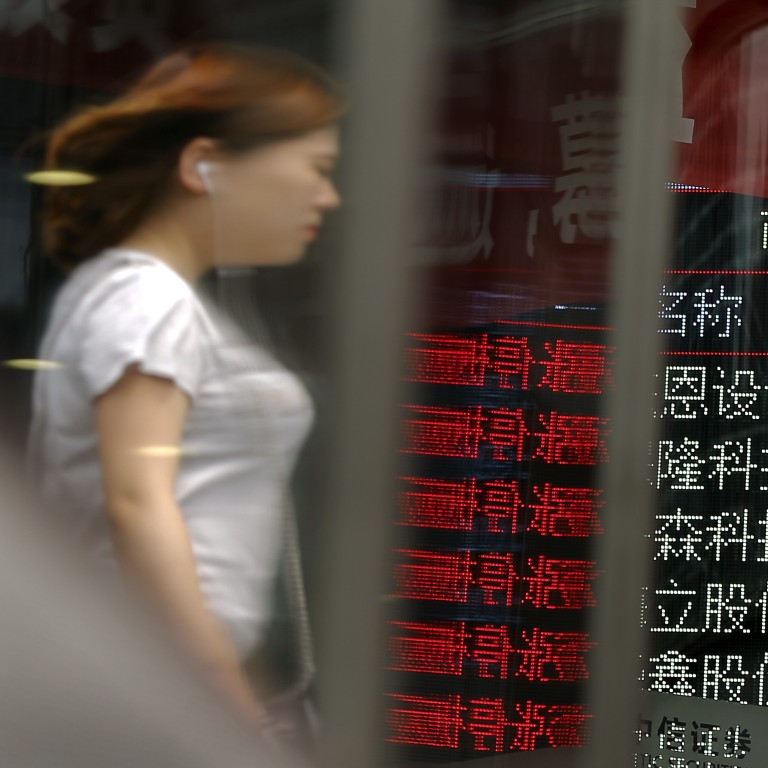
Hong Kong stocks suffer weekly loss after Biden widens investment ban on Chinese companies
- Hang Seng Index completed a weekly loss, halting a rally in April and May, amid hardening US sanctions
- The impact on the market would be limited, as investors have already digested the investment ban over the past year, analysts say
Haidilao International and Techtronic Industries were the biggest decliners, dropping 6.2 per cent and 1.9 per cent respectively in Friday trading. Geely Automobile was the biggest gainer with a 6.2 per cent jump.
The impact on the market would be largely limited, according to Hong Hao, managing director with Bocom International Holdings. The ban has already been well digested by markets over the past year, and the widening of the blacklist was not surprising.
The US is introducing “more scrutiny of defence and surveillance [sectors],” he said. “But I don’t think this is new [to stock traders.]”
The new order added 11 more Chinese firms and their subsidiaries to the list compiled by the Trump administration, including China General Nuclear Power Corp and plastic pipe maker Aerosun Corp, raising the total to 59. US investors can no longer buy new securities in these blacklisted companies from August 2. Existing investments in the entities will be given a year’s grace period for divestment.

02:23
Gloves off at top-level US-China summit in Alaska with on-camera sparring
Shares of some newly targeted Chinese companies advanced despite the ban. Jiangxi Hongdu Aviation Industry added 1.5 per cent to 37.91 in Shanghai and Changsha Jingjia Microelectronics, which makes graphic-processing chips used in radars, rallied 5.2 per cent to 83.40 yuan in Shenzhen.
Most major markets in Asia retreated on Friday, taking cues from an overnight sell-off in US equities, as a raft of robust American economic data reinforced expectations of tapering asset purchases earlier than expected. A private ADP report showed payrolls at US companies gained by the most in nearly a year, while additional figures on the economic health of the services sector rose to a record high.
The US Bureau of Labor Statistics will report non-farm payrolls later Friday.
“Economic data was supportive for a swift labour market recovery, which threw added fuel onto brewing taper fears,” said Edward Moya, an analyst at Oanda. “A substantial stock market pullback seems unlikely, given the economy is still in the early robust part of the recovery and too much stimulus is still in the system.”

